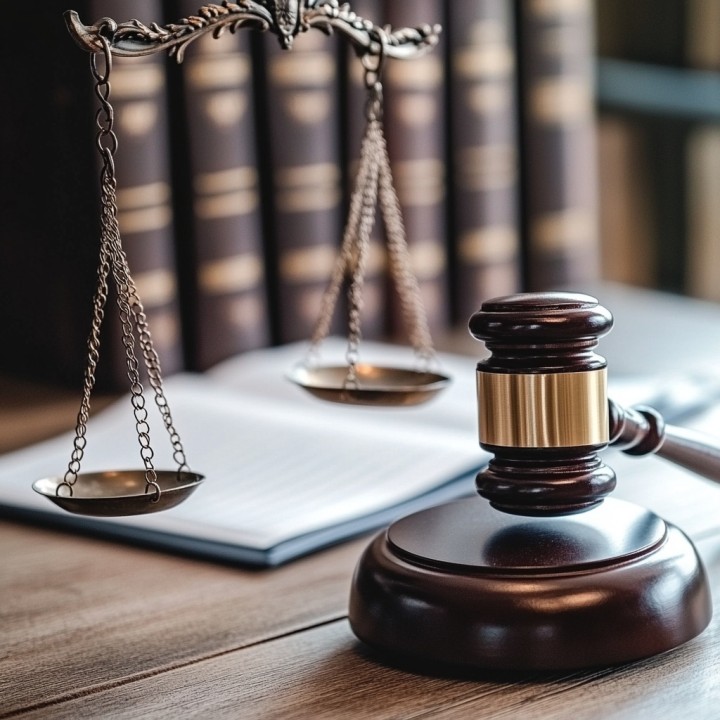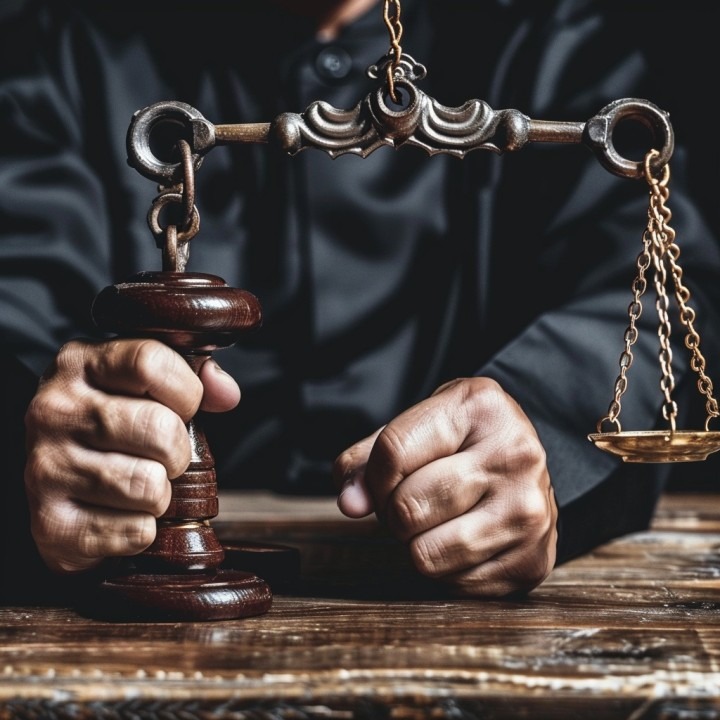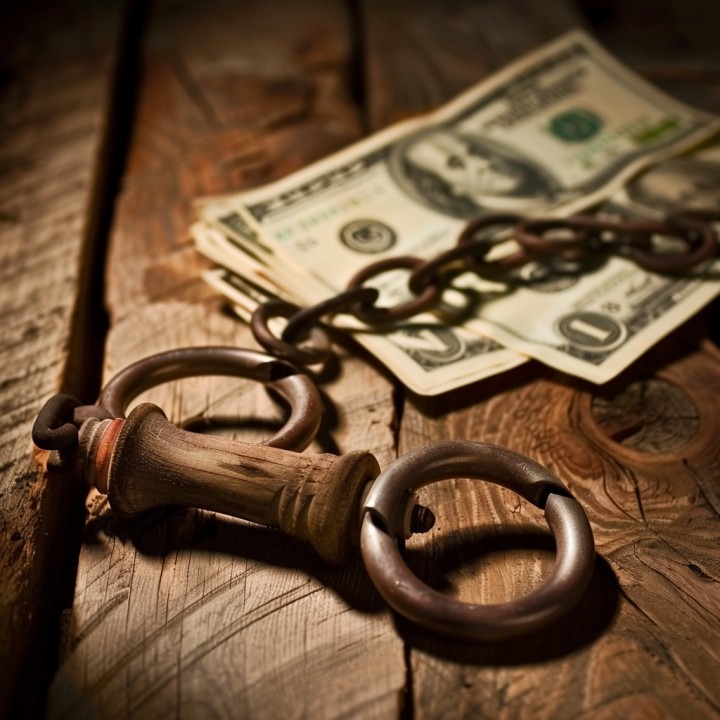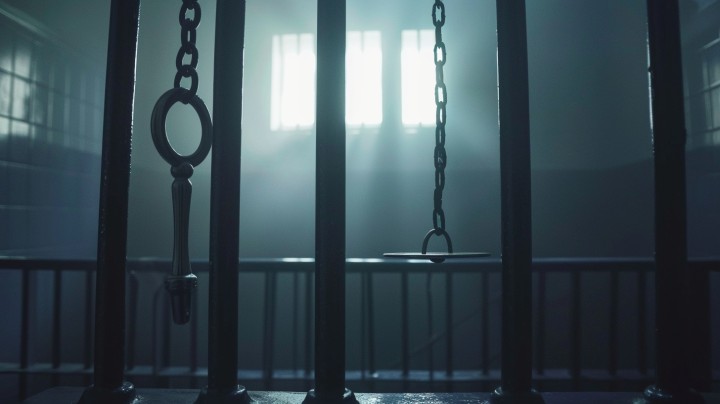The Crucial Role of Bail in the Justice System: Navigating Freedom and Fairness
Navigating the complexities of the legal system can be daunting, especially when it involves the concept of bail—a fundamental yet often misunderstood element of judicial proceedings. Bail serves as a critical bridge between the accused’s rights and the court’s needs, ensuring a balance that respects individual freedom while upholding the law. This deep dive into the importance of bail sheds light on its multifaceted role, challenges, and the ongoing dialogue surrounding its reform.
Bail Explained: A Gateway to Temporary Freedom
At its core, bail represents a financial agreement that allows an accused person to be released from custody while awaiting trial. It’s a promise, backed by either cash, bonds, or property, to return to court when required. This system is predicated on the presumption of innocence until proven guilty, allowing individuals the liberty to live their lives, albeit within certain constraints, until their day in court.
The Significance of Bail in Upholding Justice
The bail system plays a pivotal role in the justice process, striking a delicate balance between safeguarding the community and preserving the accused’s rights. It prevents unnecessary jail time for those not yet convicted, reducing jail overcrowding and ensuring that people can continue their daily lives, support their families, and prepare their defense in a more conducive environment.
Economic and Social Implications of Bail
The ability to post bail has profound economic and social implications. For many, it means the difference between keeping a job or facing unemployment, maintaining familial responsibilities, or enduring separation. This aspect of bail highlights the need for a system that is accessible and fair to all, regardless of economic status.
The Human Impact: Beyond the Accused
The effects of bail—or the lack thereof—ripple out, touching families and communities. Being able to post bail means an accused person can remain an active participant in their family and community, reducing the emotional and financial strain that can accompany pre-trial detention.
Navigating the Challenges of the Bail System
Despite its benefits, the bail system is not without its flaws. Critics argue that it can perpetuate inequalities, with wealthier defendants able to secure their freedom while those less financially fortunate remain incarcerated. This disparity has sparked a significant debate on the need for bail reform, aiming to create a more equitable system that doesn’t disproportionately penalize the poor.
The Path Forward: Reforming Bail for Equity and Justice
The call for bail reform is loud and clear, advocating for alternatives that don’t rely solely on financial capacity. Proposals include risk assessments to determine if a defendant can be safely released, non-monetary conditions for release, and greater use of personal recognizance, which relies on the defendant’s promise to return to court.
The Future of Bail: A Balancing Act
As discussions around bail reform continue, the future of this system hangs in the balance. The challenge lies in developing a model that safeguards community safety and ensures court appearance without infringing on individual rights or exacerbating social inequalities.
FAQs: Demystifying Bail
- What determines the amount of bail set by the court? The bail amount is influenced by several factors, including the severity of the alleged offense, the defendant’s past criminal record, the likelihood of fleeing, and the perceived threat to the community.
- Can bail conditions be adjusted? Yes, bail conditions can be modified by the court, especially if new evidence comes to light or if there’s a change in the defendant’s circumstances.
- What happens if bail is violated? Violating bail conditions can lead to immediate arrest, the forfeiture of any bail paid, and potentially harsher conditions if bail is set again.
- Are there alternatives to traditional cash bail? Alternatives include property bonds, where property acts as collateral; personal recognizance; and surety bonds, involving a bail bondsman.
- How does bail reform aim to address inequalities? Bail reform initiatives seek to eliminate cash bail for non-violent offenses, use community monitoring, and implement risk assessment tools to ensure that pre-trial release decisions are based on risk rather than financial capacity.
In wrapping up, the importance of bail within the justice system cannot be overstated. It embodies the principle of innocence until proven guilty, providing a necessary counterbalance between individual rights and societal safety. As we move forward, the evolution of bail practices will undoubtedly play a crucial role in shaping a more equitable and just legal system.
[ninja_form id=6]






